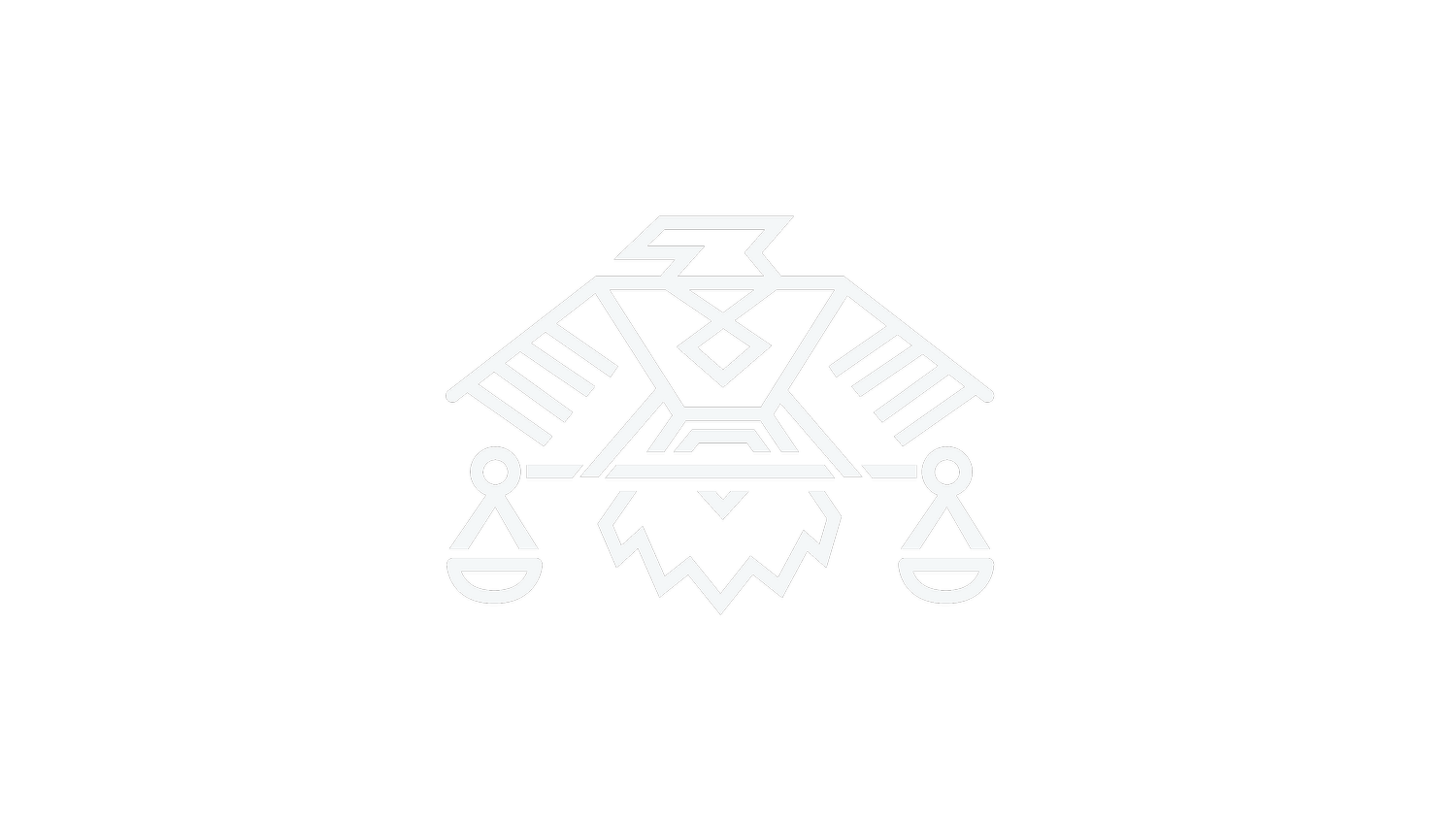INDIGENOUS BAR ASSOCIATION CONDEMNS RESOLUTION PROMOTING RESIDENTIAL SCHOOL DENIALISM
The Indigenous Bar Association in Canada (IBA) vehemently condemns a resolution that was tabled by members of the Law Society of British Columbia for consideration at its 2024 Annual General Meeting, the content of which invites skepticism surrounding the atrocities endured by Indigenous Peoples at the hands of the Residential School system. Specifically, the resolution calls upon members of the Law Society to revise the Indigenous Training component of its Cultural Competency course in a manner that calls into question the existence of the “unmarked burial site” at the former Kamloops Indian Residential School grounds. The proponents of the resolution argue that the Law Society’s course materials, which reference the discovery of an unmarked burial site containing the bodies of 215 children, proliferate "false information". This assertion is both inflammatory to Tk’emlúps te Secwépemc and anathema to the pursuit of reconciliation. Moreover, it is the latest example of an unsettling trend described by the Independent Special Interlocutor for Missing Children and Unmarked Graves and Burial Sites associated with Indian Residential Schools as “the violence of denialism”.
Residential School denialism is a dangerous and deeply harmful narrative that seeks to discredit and reject the trauma experienced by survivors and their families. It denies the harms and injustices that have caused the ongoing pain and suffering endured by Indigenous communities across Canada and flies in the face of the Truth and Reconciliation Commission's findings, as well as the work being done by Nations like Tk’emlúps te Secwépemc to bring justice to the missing children.
Drew Lafond, President of the Indigenous Bar Association, asserts:
"This resolution is a targeted and detestable assault on truth and reconciliation. It perpetuates a revisionist narrative that seeks to sanitize the genocide committed against Indigenous peoples in Canada. The discovery of unmarked graves is not a matter of opinion—it is a documented, historical fact, confirmed by the testimonies of survivors, the Truth and Reconciliation Commission, and ongoing investigations. Attempts to deny this tragedy and silence Indigenous voices are not only deeply offensive but dangerous. We will not tolerate the spread of falsehoods that undermine the lives and memories of the thousands of children who were stolen and never returned home."
The IBA strongly opposes this resolution, and the attempt by its proponents to erase the legacy of Residential Schools and distort the undeniable truth about Canada’s genocidal policies toward Indigenous peoples. This attack on historical fact is a grave insult to survivors and a direct threat to the progress Canada has made toward reconciliation.
The Law Society's Indigenous Cultural Competency Training is a crucial part of ensuring that lawyers understand the brutal realities of colonization and the ongoing impacts of the Residential School system. Resolution 3 undermines the integrity of this training and disregards the Truth and Reconciliation Commission's Calls to Action, specifically Call to Action #27, which mandates that legal professionals receive cultural competency training, including education on residential schools.
The IBA urges all members of the Law Society and the legal profession at large to firmly reject this resolution and its insidious attempt to distort history. We must remain committed to truth, reconciliation, and the healing of Indigenous communities—not the perpetuation of denialism and revisionism that only serves to retraumatize survivors.
The IBA is the national non-profit organization representing Indigenous (First Nation, Métis, and Inuit) lawyers (practicing and non-practicing), judges, legal academics and scholars, articling clerks and law students, including graduate and post-graduate law students and paralegals in Canada. The IBA’s mandate includes, inter alia, advocating for the recognition of Indigenous laws, legal traditions, protocols and processes; promoting the reform of policies and laws affecting Indigenous peoples in Canada; and fostering public awareness within the legal community in respect of legal and social issues of concern to Indigenous peoples in Canada. For more information, please visit www.indigenousbar.ca.
The National Indian Residential School Crisis Line provides 24-hour crisis support to former Indian Residential School students and their families toll-free at 1-866-925-4419.

